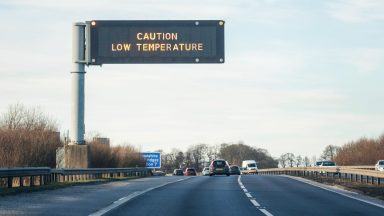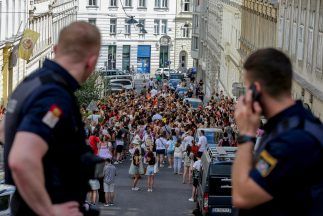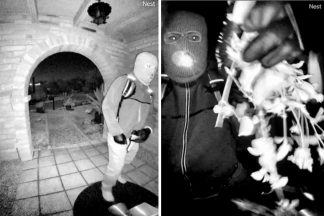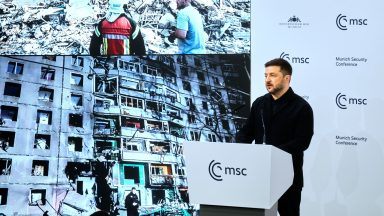Counter-terrorism measures, including the law used to ban Palestine Action and the Government’s anti-radicalisation scheme Prevent, are being used too widely, a three-year review has found.
The Independent Commission on UK Counter-Terrorism Law, Policy and Practice found that the current official definition of terrorism is too broad and “extends beyond acts of violence or serious threat, creating uncertainty and overreach in its application”.
In a report published on Tuesday, the body said: “Terrorism should be defined narrowly as acts intended to coerce, compel, or subvert government or an international governmental organisation, and the threshold for property damage should apply only to conduct causing serious risk to life, national security, or public safety, or involving arson, explosives, or firearms.”
It said that measures used to ban groups such as Palestine Action should be restricted so that they are only used to protect the public from terrorism, and that the proscription of terror groups should lapse after five years unless renewed.
The report said: “When a group is proscribed, individuals can face prosecution for membership, inviting or expressing support, or wearing associated symbols or uniforms.
“Providing funding or handling property linked to a proscribed organisation may constitute a criminal offence, and any act carried out for the benefit of a proscribed group can be treated as an act of terrorism.
“These far-reaching implications can create confusion, deter lawful civic engagement, and strain relations with communities connected to affected organisations – particularly where banned groups also pursue political objectives.”
It wants increased parliamentary scrutiny of decisions to proscribe groups, and for suspects to only be charged under section 12 or 13 of the Terrorism Act, which cover support for banned groups, “where there is clear intent to commit the offence”.
Kneecap rapper Liam Og O hAnnaidh, whose stage name is Mo Chara, was charged under section 13 for allegedly holding up a Hezbollah flag at a gig, before the case was thrown out due to a technical error.
Hundreds of alleged Palestine Action protesters have been charged under the same law, the majority for holding up banners that said: “I oppose genocide. I support Palestine Action.”
The commission also found that the Government’s anti-radicalisation scheme Prevent is being used too broadly.
The report said: “Prevent referrals increasingly involve individuals experiencing complex vulnerabilities, including mental ill health, social isolation, or neurodivergence, rather than clear terrorism-related risks.
“This shift has blurred Prevent’s purpose and stretched its remit beyond its original aim.”
The commission found that the idea that potential terrorists can be spotted through “observable indicators” is “an assumption not consistently supported by empirical evidence”.
Officials have seen a surge in referrals to Prevent in the wake of the Southport murders, and are expecting a record total this year.
The commission said that those involved in potential terror plots against the UK are “increasingly younger and may be driven by complex mixes of ideology, grievance, and personal vulnerability”.
It said: “The commission heard evidence that, without careful calibration, counter-terrorism powers risk being applied too broadly – capturing behaviour that is harmful but not terrorist.
“This concern is most acute in the Prevent programme, where the boundaries between safeguarding, criminal justice, and counter-terrorism have become increasingly blurred.”
It said that of 58,000 people referred to Prevent since 2015, more than 90% had no counter-terrorism concerns.
Commission chairman Sir Declan Morgan KC said: “The evidence we had shows that the present approach to Prevent is not fit for purpose.
“Prevent should be integrated into a wider, local authority-led multiagency safeguarding ‘front door’ that works with communities to mainstream violence prevention work, currently processed through Prevent, into broader violence reduction strategies.
“We need to move away from the radicalisation model and instead concentrate our resources on individual resilience and building trust and social cohesion in neighbourhoods.”
The commission made a total of 113 recommendations, including a national strategy to promote social cohesion and greater powers for the independent reviewer of counter-terrorism laws.
It also wants rules put in place to ban the removal of citizenship for those born British or registered British as children, and to restrict its removal for naturalised adults.
Follow STV News on WhatsApp
Scan the QR code on your mobile device for all the latest news from around the country


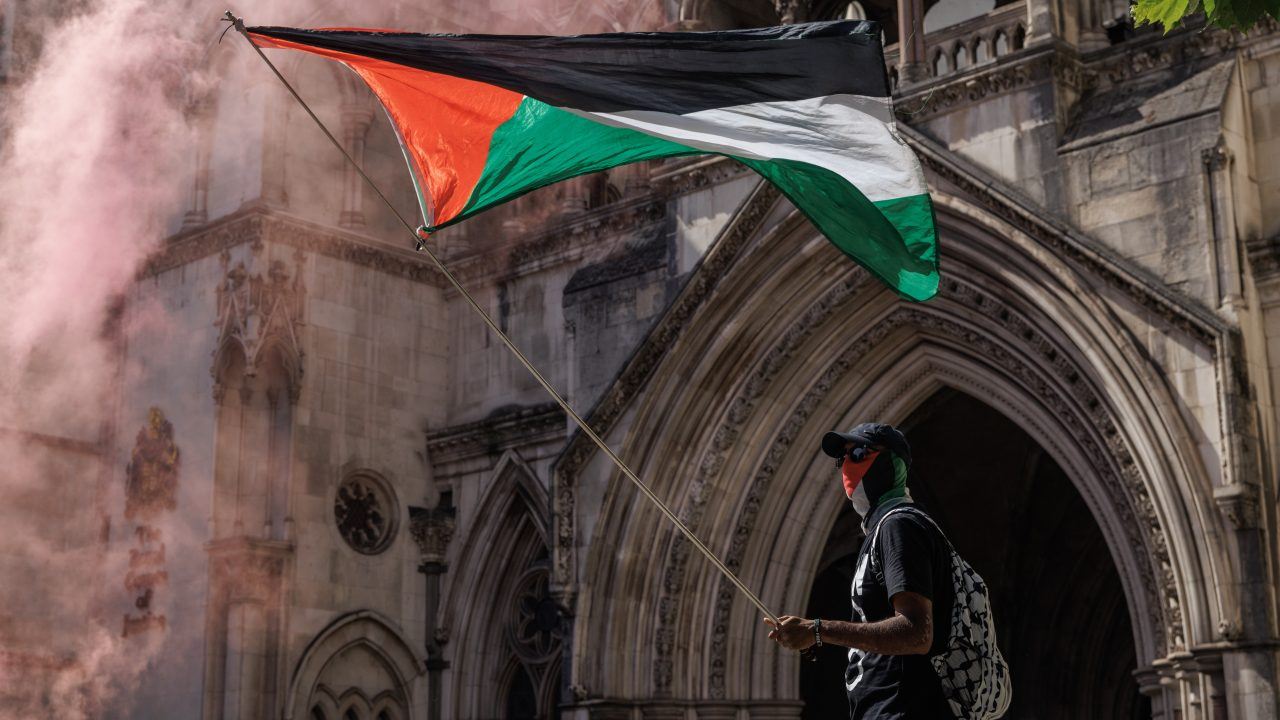 Getty Images
Getty Images








